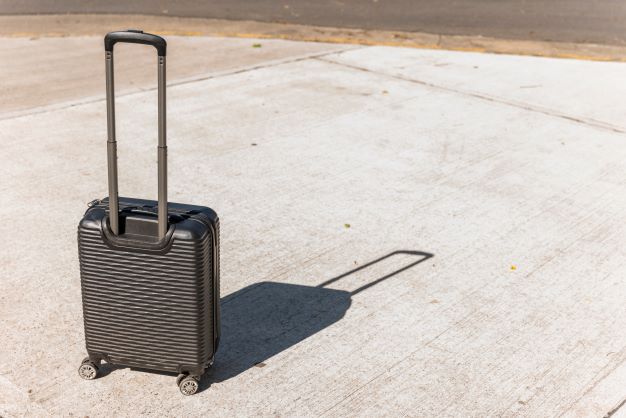
In this article we will answer the most frequently asked questions from employees about business travel. Let’s figure out whether it’s possible to end a business trip with a vacation, what amount of daily allowance is due, whether they are compensated for holidays on a business trip, and more.
Travel allowance and daily allowance: what is the difference
On a business trip, an employee is given funds for accommodation and travel (travel allowance), as well as for food and small expenses (daily allowance). Travel and housing expenses will need to be accounted for by providing an advance report. The employee does not have to report for per diem. This means that the saved daily allowance does not have to be given away. The employer must pay the daily allowance in advance before the start of the business trip.
Amount of daily allowance in 2022
The employer decides for himself how much to pay per diem. But you need to take into account that there are maximum amounts of daily allowance that are not taxed. If an employee is paid amounts greater than those indicated, taxes will need to be paid for the difference:
- 700 rubles per day on a business trip around the country;
- 2500 rubles per day on a business trip abroad;
Daily allowances can be issued to the manager in a larger amount, provided that the organization’s activities generate income. Or if this money is paid through budget savings.
Payment for work on a business trip on weekends
If an employee works on a business trip on weekends or non-working holidays, he is paid double wages for the day. There is also the option to receive payment in a single amount and take time off on another day .
Being on the road is also work. This means that if an employee is traveling on a day off, then he also needs to be paid twice as much for that day. If the journey took time from 22:00 to 06:00, you will also have to pay an extra charge for this. However, you will only need to pay for overnight hours on the road, and not for the entire day off.
Do I need to pay daily allowance on official holidays?
The employer must pay daily allowance for each day on a business trip. Including non-working holidays and weekends.
Daily allowances are also issued for days spent on the road or during forced stops. For example, if a trip to a destination ends at 00:25, the employee will receive the full daily allowance for the next day.
Is the trip to the airport considered part of a business trip?
A business trip is counted from the date of departure of an airplane, train, car or bus from the employee’s place of permanent work. The day of arrival on a business trip is also considered the end date of the flight or trip on a vehicle.
For example, if an employee leaves on January 17 at 23:57, then the business trip will be counted from January 17.
If a business trip ends with a vacation
It often happens that an employee wants to stay in the place of business trip and spend a vacation there. The employer is required by law to pay for roundtrip tickets, even if the employee remains on vacation at the business location. However, the employee will be deducted 13% of taxes from the cost of the return ticket.
Does the organization pay for a taxi on a business trip?
This usually happens by agreement. The Labor Code and the Business Travel Regulations do not say anything about whether the employer must pay the employee for trips by taxi or other transport. If the employee and the employer have not discussed this issue, by default the employee spends money on travel from his daily allowance.
However, often the internal regulations of the company stipulate conditions for managers under which they can receive funds for a taxi.
Does the employer pay for choosing a seat on the plane?
According to this article of the Tax Code of the Russian Federation, the employer must cover travel expenses on a business trip, including paid selection of a seat in the aircraft cabin. You can pay for the desired seat in the cabin on the carrier’s website.
A printed electronic check must be submitted along with the expense report.
Who can refuse a business trip
The Labor Code of the Russian Federation mentions categories of employees who have the right to issue a refusal to travel on a business trip. This is:
- Pregnant women;
- Workers under 18 years of age (except for employees of creative professions);
- Employees with disabilities (if the business trip falls during the period of treatment);
- Employees with a student agreement;
- Registered candidates for elections.
There are also categories of employees who can be sent on a business trip upon receipt of written consent:
- Employees with young children (under 3 years old);
- Single parents with children under 5 years. These include both mothers and single fathers;
- Workers who care for sick, disabled family members;
- Employees with disabled children.

